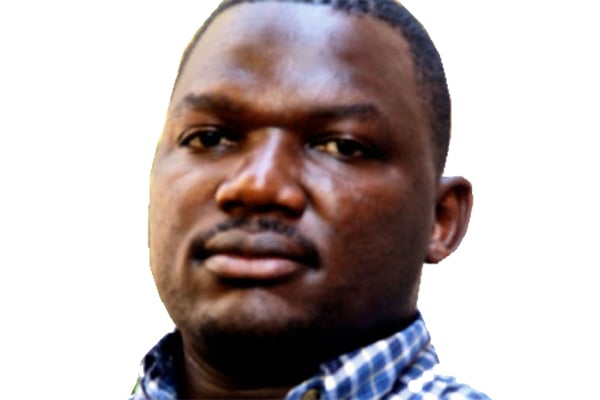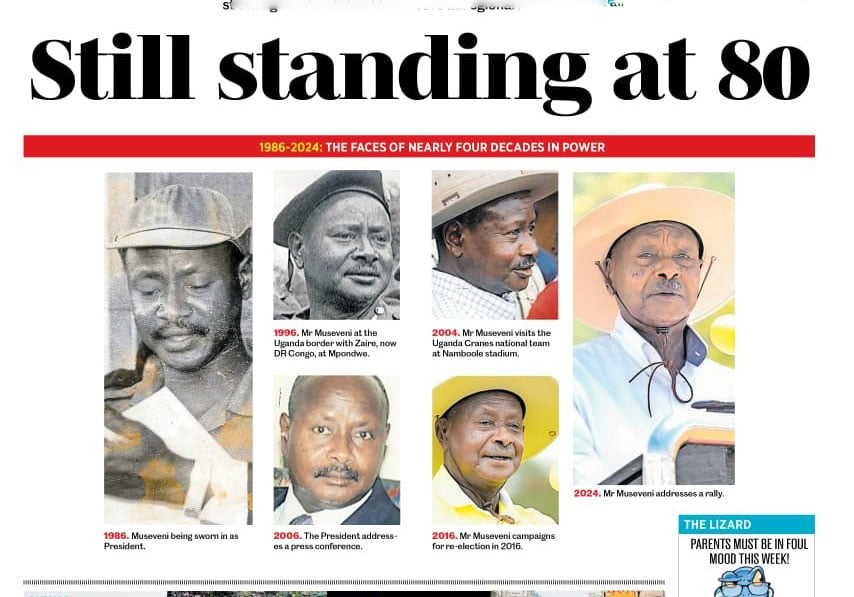Prime
Languaging and translanguaging

Author: Morris Komakech. PHOTO/FILE/COURTESY
What you need to know:
- We now have an unfortunate generation that can neither speak fluently in a foreign language nor in their local “dialects”.
Africa has the youngest population in the world, but its young population situation is also problematic.
The United Nations believes that 40 percent of the African population is 15 years and below, and 60 percent are below 60 years. Africa’s median age is 20 years and shall remain so until 2100 according to studies by Mo Ibrahim Foundation. Africa’s young people are a paradox with meaning-making compared to their contemporaries outside Africa owing to the language dilemma.
It is in Africa where the standard of literacy and competence is measured by how well one can construct and reconstruct their worldview. Such worldviews likely gain social validation when articulated in a European or Asian language. In contrast, European youths operate primarily in their languages and construct the meaning of everyday life consistently as such. They do not experience a conflict in articulating their worldviews through foreign languages. They have developed language for their everyday worlds broadly in arts and sciences.
Thus, the verb “languaging”, according to Educationist, Emma Brooks, connotes the flowless practice and process of simultaneously affirming one’s becoming through a language. Brooks posits that languaging is that sense of making meaning using various facets of a language within our social context – and it happens in a horizontal continuum.
The term “translanguaging”, describes this historic African experience akin to the colonized. Emma Brooks traces this term to Wales. In Wales, children read scholarly materials in English and then respond in Welsh. Thus, translanguaging describes not only a pedagogical practice but a practice now mainstream to applied and sociolinguistics.
The African youth “learns” to read and write in English, French, Arabic, Portuguese, or Afrikaans – the languages of their former colonial agents. It is gaining proficiency in such languages and its communicative entrapments, that is a valued measure of elitism - not mother tongue. The prefix “trans” thus, denotes the acquired ability of shifting meanings across these languages (Read: Emma Brooks: Translanguaging of the shifting sands of language education in ELT Journal 76(1)129-146).
Reading the works of Brooks elicited an evocative memory of a matter I had dumped in my mind’s recess. I must confront it now.
Without the development of our languages, which the European reductionists conveniently labeled dialects – implying that African speech communities have an underdeveloped linguistic convention. I have been fascinated with the idea that African nations lack a language of their own and have dialects. I feel always cheated by my limited opportunities to study sociolinguistics.
In sociolinguistics, there is something called mutual intelligibility – simplified, if a Muganda understands a Musoga speaking, that is a dialect. However, if a Lwo speaker does not understand Luganda, then the two varieties are languages. I leave this to sociolinguists to elaborate, kindly so.
However, the central premise of this article is that Africa has the youngest population of all continents on earth. Arguably, African youths are conflicted and unsettled in life because their constructs of everyday life are aberrated due to language confusion. Through a translanguaging lens, we illuminate that meaning-making among African youths is continuously distorted. We now have an unfortunate generation that can neither speak fluently in a foreign language nor in their local “dialects”.
Consequently, they live in societal margins – where language is the wall between the formal and informal life, and yet much of our everyday life is constructed in the informal realms. It is here, in every day, that they lack both the means of communication and the social skills necessary for meaning construction for becoming.
Morris DC Komakech is a Ugandan social critic and a political activist based in Canada. [email protected]




